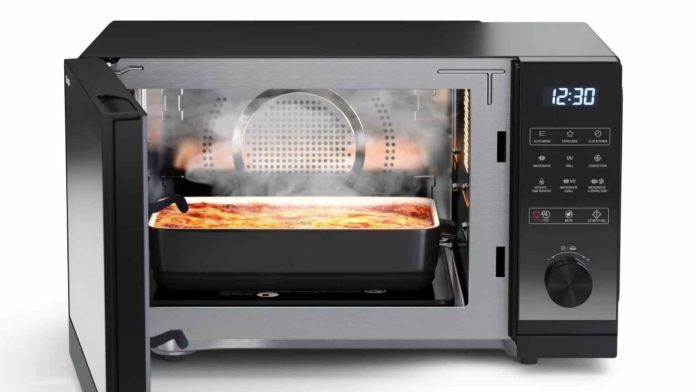As the saying goes, necessity is the mother of all inventions. It’s true in most cases. We need something or the other to ease our work. Then an inventor or a scientist comes up with an idea and creates that thing from scratch.
But there have been instances of inventions, that were pure accidents. A lot of things that we use today were not actually deliberately invented. The list includes things that might be your favorites like potato chips, chocolate chips or a microwave oven.
Read More: Top 10 Iron Man Suits In The Marvel Cinematic Universe
Accidental Inventions That Shaped Our World
Microwave
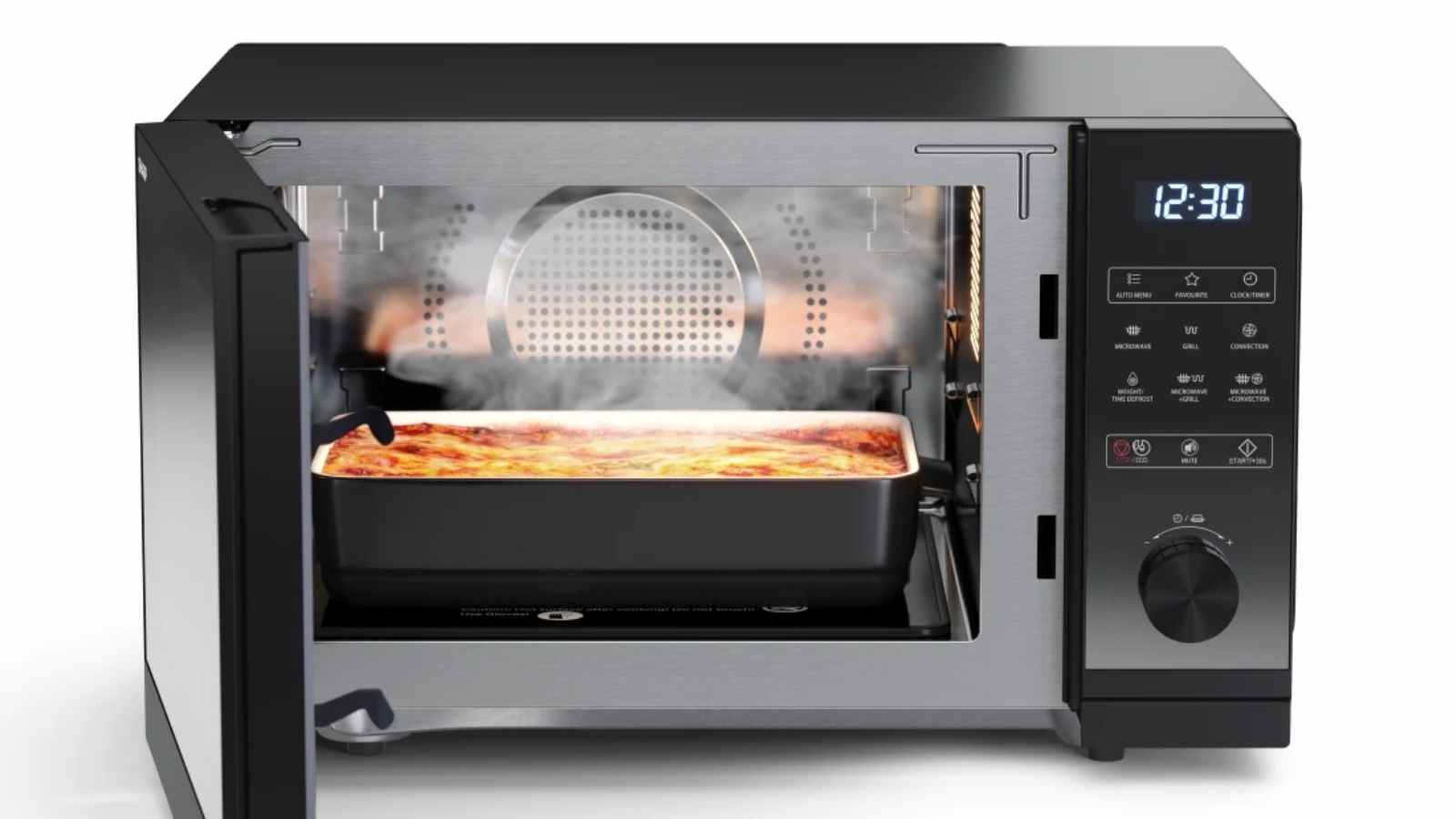
Physicist Percy Lebaron Spencer was working on magnetrons which were high-powered vacuum tubes that generate short radio waves called microwaves. He was doing his job as usual when he noticed that the candy bar in his pocket had melted. Quickly Spencer realized that it was the magnetrons that caused this phenomenon. By 1945, he had filed a patent for his metal cooking box powered by microwaves.
Artificial Sweetener
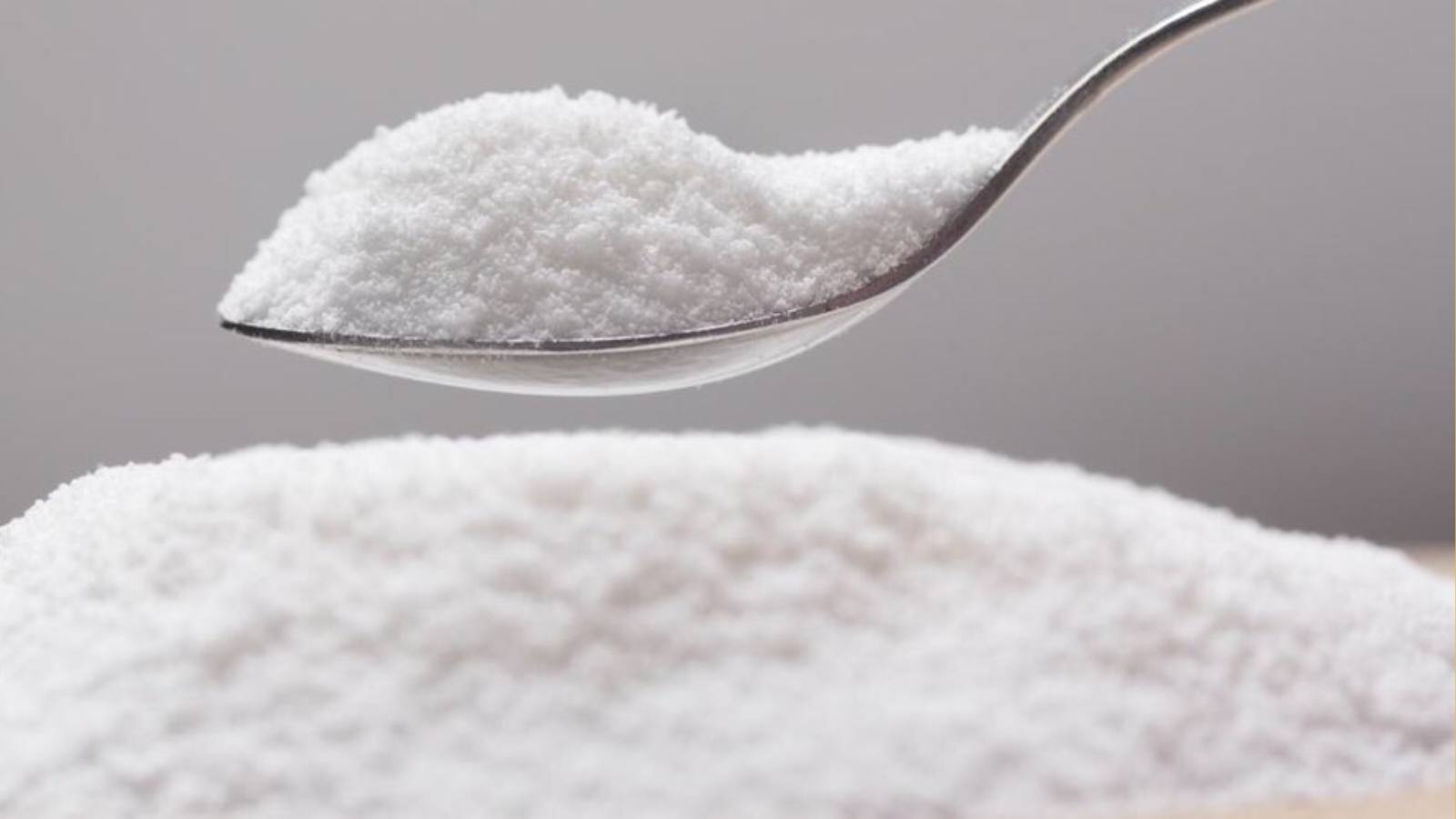
Russian chemist Constantin Fahlberg discovered the first artificial sweetener in 1878. While working in his lab, he accidentally tasted some of the chemicals he was working with and realized their sweet taste. The benzoic sulfinide or, saccharin, is now widely used as an artificial sweetener across the globe.
Potato Chips

One of the most popular snacks in the country, potato chips were invented by George Crum in 1953. He was a chef at the Moon Lake Lodge Resort in Saratoga Lake, New York. After one of his customers complained about french fries, Crum sliced the potatoes thinly and fried them until they turned brown. It was well received and became the first-ever batch of chips.
Super Glue
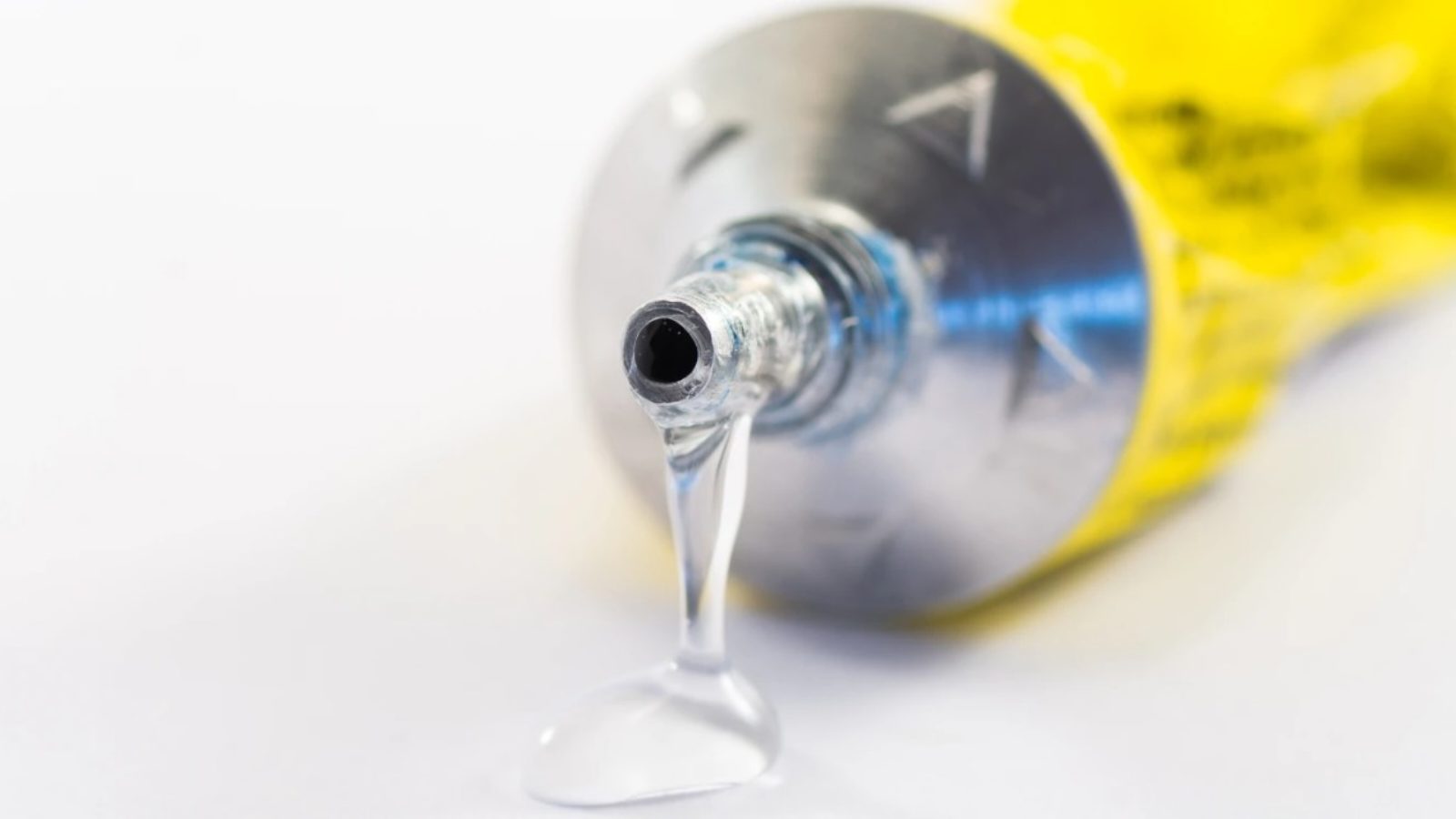
In 1942, Hary Coover was looking for things he could use to build clear plastic gun sights for the ongoing war. But he accidentally came up with a chemical that stuck to whatever it touched. Coover’s discovery was initially rejected as it seemed redundant for people. In 1951, Coover repurposed the same sticky formula as Alcohol-Catalyzed Cyanoacrylate Adhesive Compositions/Superglue.
X-Ray Machine

In 1895, German engineer and physicist Wilhelm Röntgen noticed a mysterious glow coming from a chemically coated screen nearby. He named the new rays causing the glow X-rays due to their unknown origin. He later discovered that putting his hand in front of the glow allowed him to see past his skin to his bones, thus leading to the world’s first X-ray. The invention earned him a Nobel Prize.
Penicillin
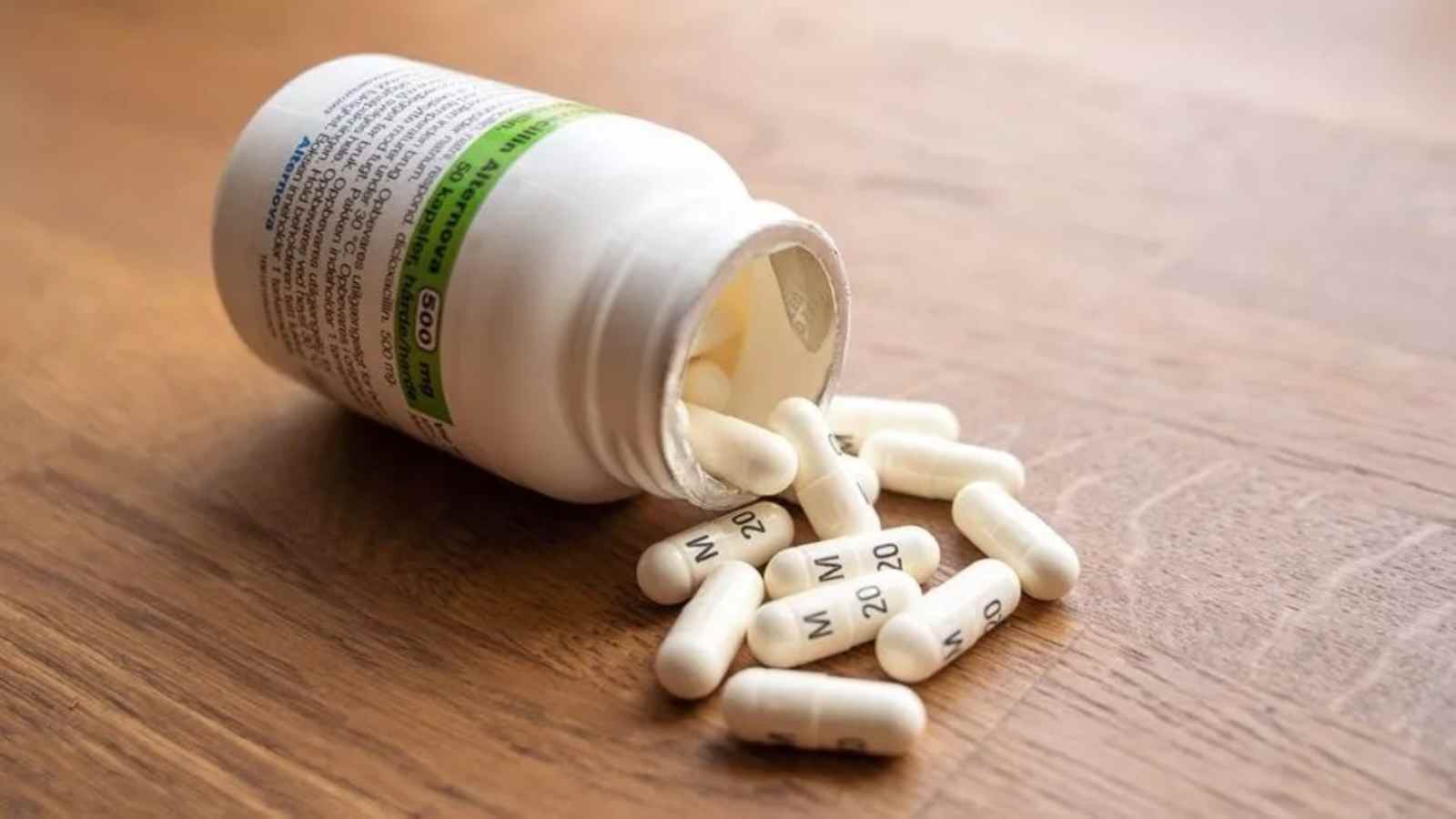
The world’s first antibiotic was accidentally discovered by Dr. Alexander Fleming in 1928. He had left out cultures of Staphylococcus aureus in his lab for two weeks and returned to find that their growth had been prevented by a mold called Penicillium notatum.
Matches
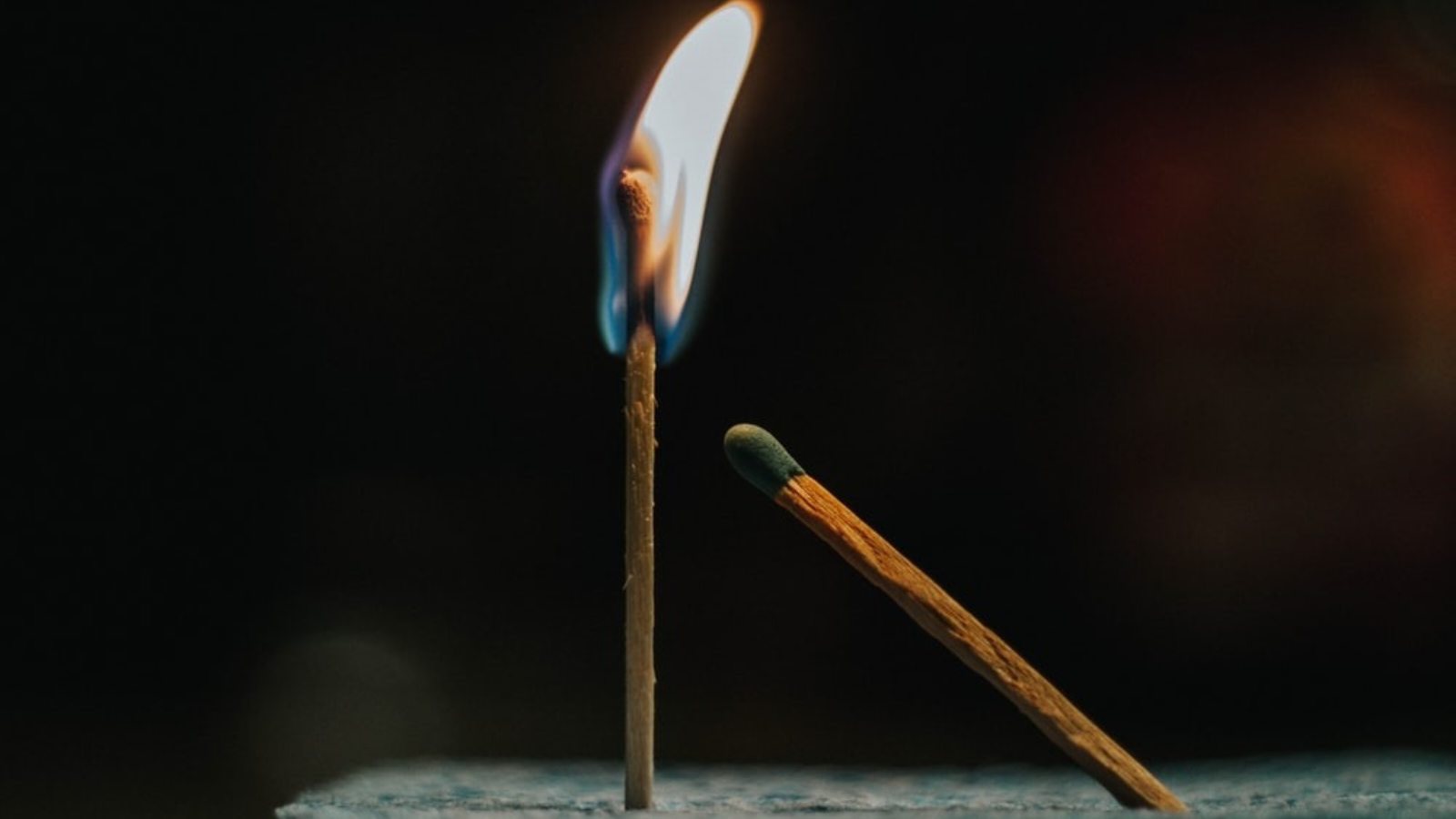
Chemist John Walker accidentally scraped a stick coated in chemicals across the lower part of his furnace and it caught fire. The incident that took place in 1826 gave birth to matchsticks. He initially called them ‘Friction Lights’ and they were originally made out of cardboard. But he later switched over to using wooden splints and sandpaper.
Coca-Cola
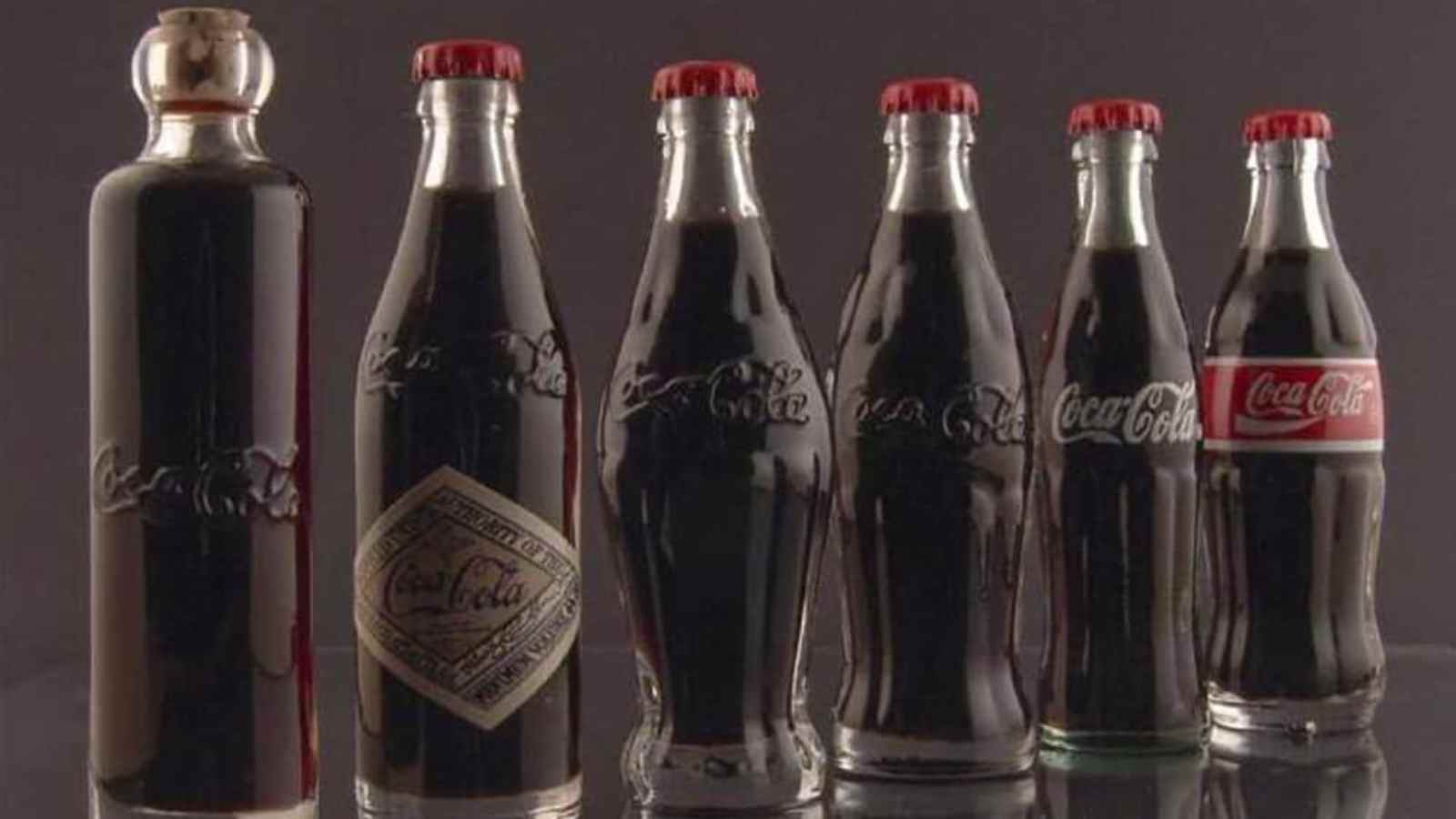
Dr. John Stith Pemberton was a simple pharmacist who was trying to create cocaine and caffeine-filled alcoholic drink for people with drug addictions. But when the prohibition hit, Pemberton was forced to take the alcohol out of his formula, though the cocaine remained for decades. In 1886, the first bottle of Coca-Cola was made.

